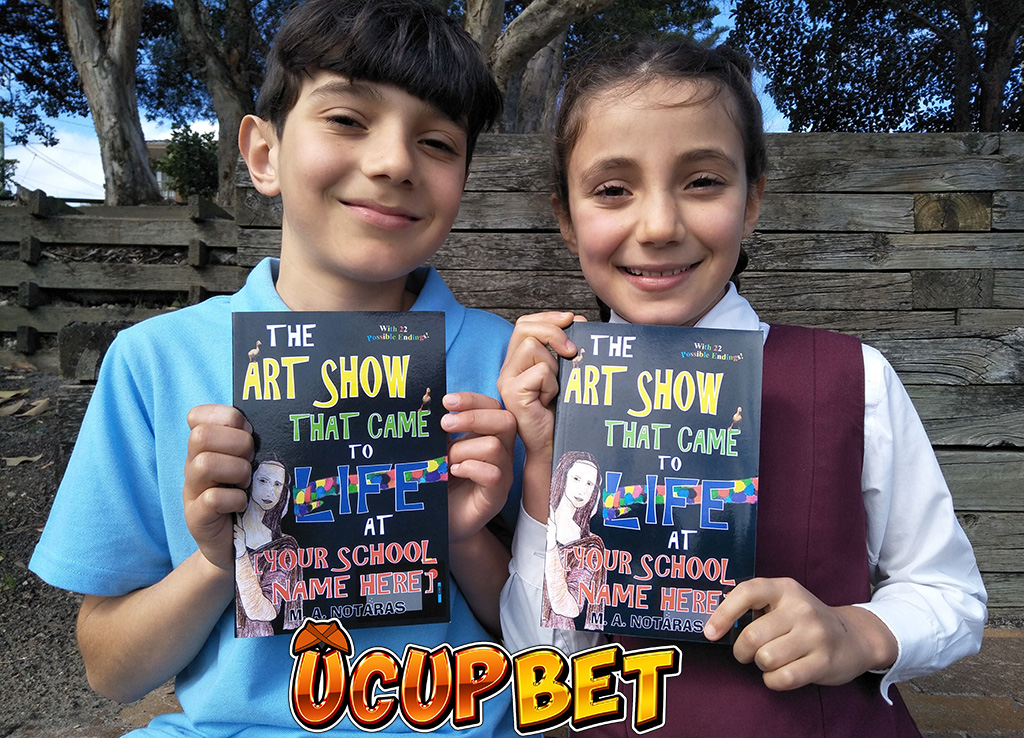UCUPBET Solusi Fundraising Sekolah yang Nggak Bikin Pusing 2025

UCUPBET (Untungnya Cuma Pilih Buku Edukatif Terbaik) adalah cara baru penggalangan dana (fundraising) sekolah yang seru, edukatif, dan mudah dijalankan. Buku petualangan yang kami sediakan bisa dikustomisasi dengan nama sekolah, guru, bahkan murid!
Kenapa Harus Pilih UCUPBET?
- Fundraising Seru: Anak-anak jadi bintang utama di cerita mereka sendiri.
- Kustom 100%: Nama sekolah, murid, guru, dan lokasi bisa dimasukkan ke cerita.
- Mudah Dilaksanakan: Jual buku ke orang tua, sekolah langsung dapat untung.
- Lokal Banget: Cerita bisa disesuaikan dengan budaya dan acara sekolah Indonesia.
- Edukasi & Hiburan: Bikin anak semangat membaca dan berimajinasi.
Siapa yang Cocok Pakai UCUPBET?
- Sekolah negeri atau swasta
- Komite orang tua
- Panitia pentas seni atau perpisahan
- Lembaga pendidikan lainnya
Hubungi Kami
Siap menjadikan fundraising sekolahmu lebih seru dan berkesan? Hubungi kami sekarang juga!
📩 Email: kontak@myschooladventure.com
📞 WA/Telepon: 0812-6728-2019



